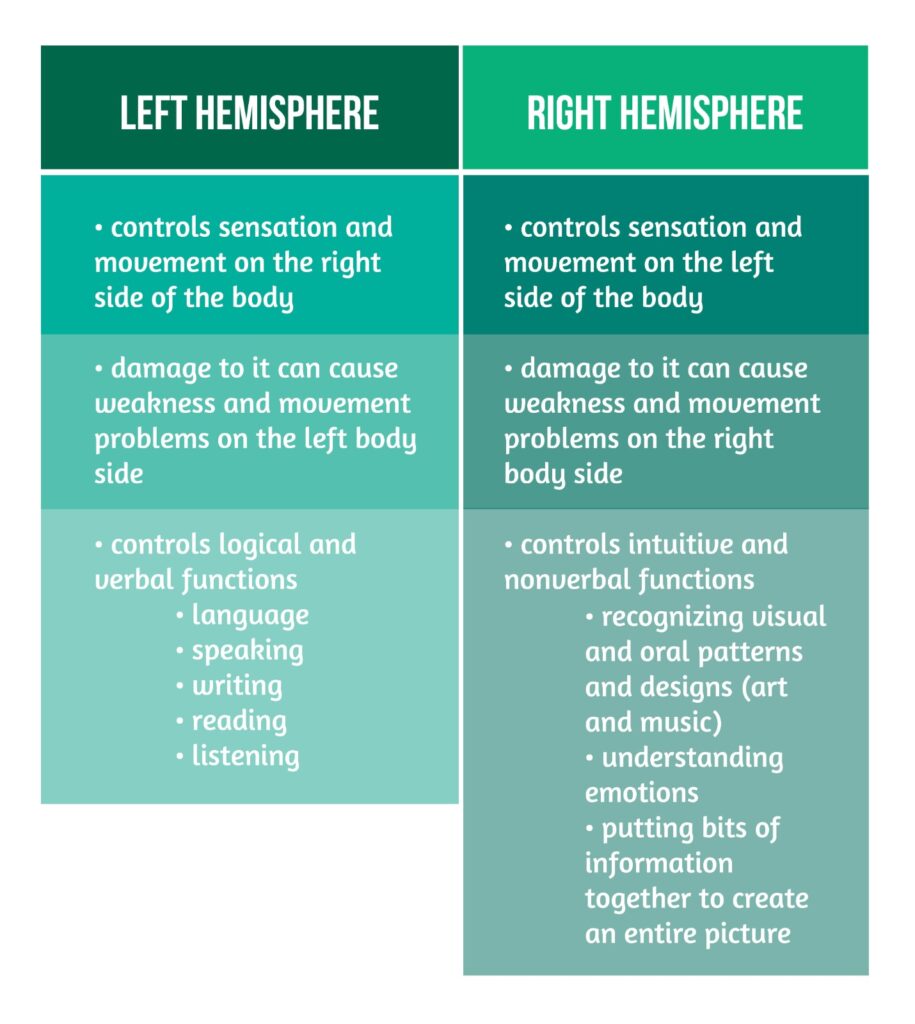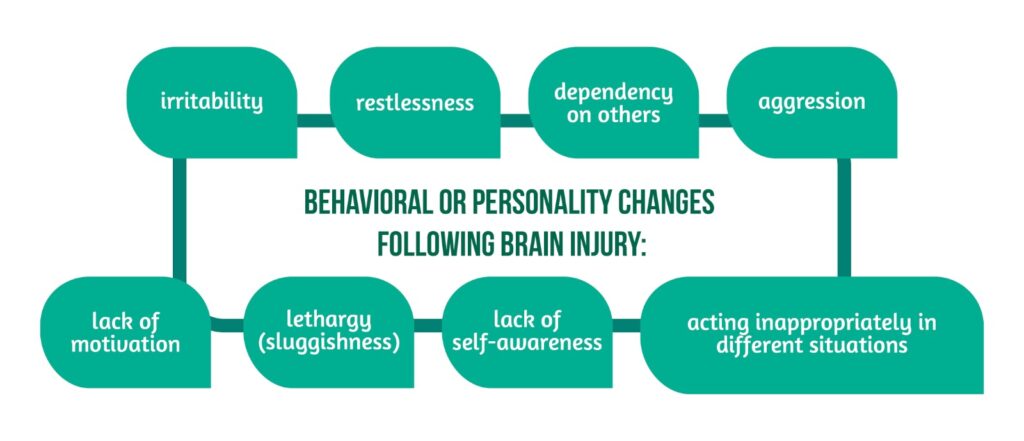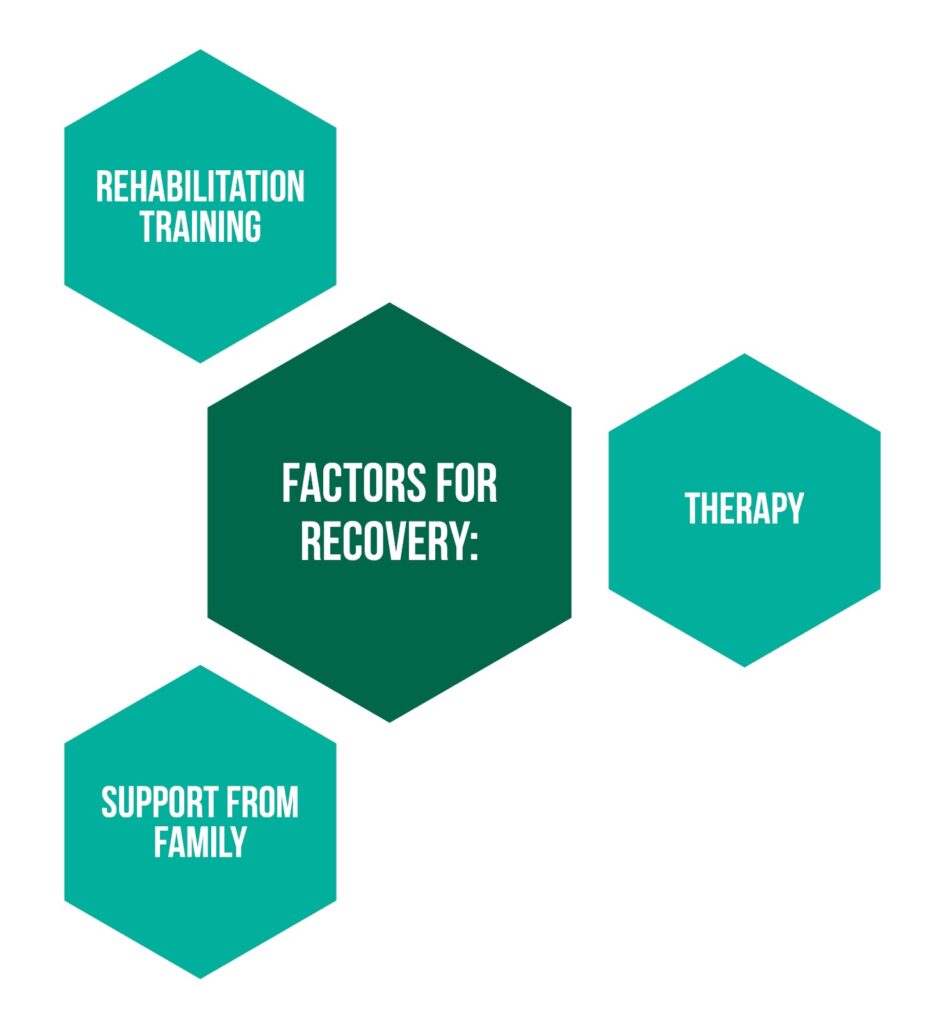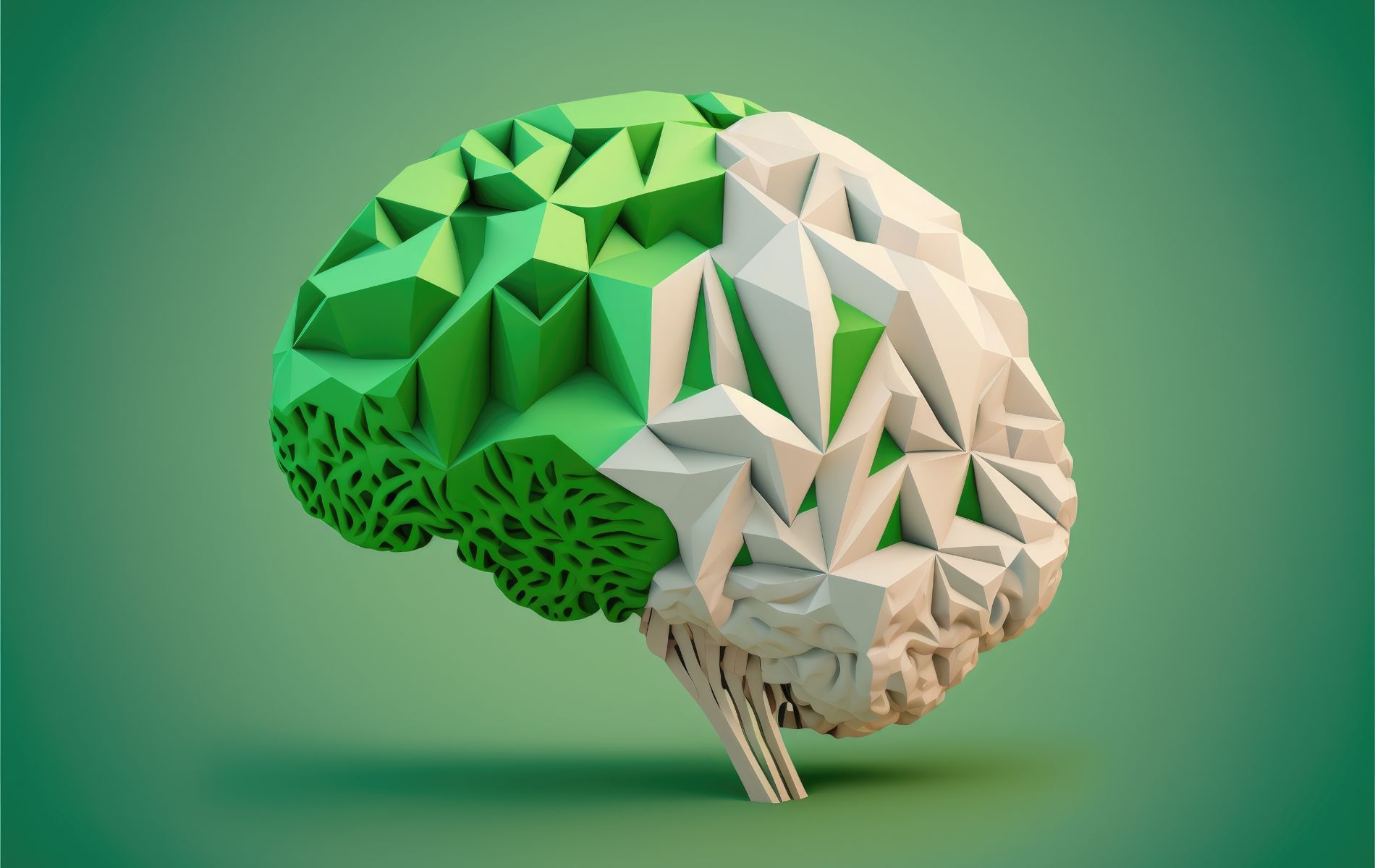Keywords: TBI, functions, patients
Introduction | How does TBI affect the functions of patients?
Traumatic brain injury (TBI) represents one of the most critical medical, socioeconomic, and public health problems worldwide nowadays. This pathology interferes with the way the brain normally works, affecting the functions of the patients. Due to the lesions, the neurons suffer during a TBI. The information can no longer be transmitted correctly between them. As a result, a person’s abilities and behavior can suffer changes. Depending on which parts of the brain are damaged, the patient can manifest different symptoms [1].
Each year there are approximately 235,000 hospitalizations for nonfatal TBI in the United States (US) [2]. According to the Centers for Disease Control and Prevention (CDC), it has been considered in the last years to be one of the leading causes of death for persons aged 1-44 years in the US [3]. In addition, it is one of the leading causes of disability in young people, with mild TBIs representing at least 80% of these injuries [4].
The brain represents the control center for many vital processes like moving and breathing, judgment, thinking, and emotional reactions. By understanding how the brain functions, one can understand how injuries of the brain can affect one’s behavior and abilities [1].
What are the differences between the left and right cerebral hemispheres?

Many scientists have described the main differences between brain hemispheres, and at present, these are known and can help patients and doctors with what to expect after suffering a brain injury (Figure 1).
What are the functions of different brain areas?
It is considered that six areas of the brain can be injured in a TBI. The effect of the injury differs depending on its localization. There can be one or multiple injured areas in a TBI, making the symptoms more severe and worsening the possible outcome for the patient.
| Brain area | Function |
| Temporal lobe |
|
| Occipital lobe |
|
| Parietal lobe |
|
| Frontal lobe |
|
| Cerebellum |
|
| Brainstem |
|
What physical problems can appear after a TBI?
In most cases, patients who suffered a TBI can use their hands and walk in the first 6-12 months after the injury. Usually, physical difficulties do not prevent a return to working, driving, and independent living. Problems such as incoordination of movements and weakness and balance problems might occur after a brain injury. As a result, a patient who suffered a TBI might have difficulty playing sports as well as they did before the event. Fatigue might also impair their ability to maintain activity for a long period [1].
What cognitive problems can appear after a TBI?
Different cognitive problems can appear after suffering a TBI, such as:
- Difficulties with basic cognitive skills such as concentrating, paying attention, and remembering new information and events
- Issues with problem-solving
- Speaking impairment or slowed speech
- Slow thinking
- Becoming confused when changing normal routines or when things become hectic or noisy
- Language and speech problems, such as trouble understanding some words or finding a particular one when speaking
- Jumping to a conclusion or solution for a problem without thinking it through completely
- Problems completing a task and taking too long to complete it
- Difficulty when changing tasks
- Inability to perform all the complex cognitive activities needed to live an independent life due to the inability of the brain to analyze and process all the information. As a result, the executive function is disturbed, and people are unable to be in charge of their own lives [1].
What behavioral and emotional problems can appear after a TBI?
Emotional and behavioral problems are a common result of brain injuries and can have several causes:
- The change can be a direct result of the damage suffered by the brain tissue, especially in the case of frontal lobe injuries that control these two functions.
- Cognitive disorders can lead to emotional changes or can worsen them. For example, a person who cannot follow a conversation can become frustrated and upset in those situations.
- Major life changes for persons suffering a TBI (e.g., the loss of a job, changes in family roles, the need for constant supervision) can cause depression and frustration.
Behavioral changes or personality changes are frequent after a brain injury. Some of these are presented in Figure 2 [1].

Many studies concluded that TBI outcomes could differ depending on the severity and localization of the brain injury. The majority of patients, especially in the case of mild TBIs, show a tendency to improve outcomes from three to six months [5].
Rehabilitation training, therapy, and support from family, and friends help patients manage and recover (Figure 3).

For more information about the impact of TBI visit:
- Assessment of Quality of Life after TBI using QOLIBRI-OS
- Can TBI affect taste and smell?
- TBI Outcomes in Europe
We kindly invite you to browse our Interview category https://brain-amn.org/category/interviews/. You will surely find a cluster of informative discussions with different specialists in the field of neurotrauma.
Bibliography
- ‘Understanding Traumatic Brain Injury Part 2: Brain injury impact on individuals’ functioning’, p. 4. Available from: https://msktc.org/sites/default/files/TBI-Understand-TBI-Part-2.pdf
- Corrigan JD, Selassie AW, and Orman JAL. The epidemiology of traumatic brain injury. J. Head Trauma Rehabil. 2010, vol. 25, no. 2, pp. 72–80, doi: 10.1097/HTR.0b013e3181ccc8b4.
- Faul M and Coronado V. Epidemiology of traumatic brain injury. Handb. Clin. Neurol., vol. 127, pp. 3–13, 2015, doi: 10.1016/B978-0-444-52892-6.00001-5.
- Ponsford J, Cameron P, Fitzgerald M, Grant M, and Mikocka-Walus A. Long-term outcomes after uncomplicated mild traumatic brain injury: a comparison with trauma controls. J. Neurotrauma 2011, vol. 28, no. 6, pp. 937–946. doi: 10.1089/neu.2010.1516.
- Voormolen DC, Zeldovich M, Haagsma JA, Polinder S, et al. Outcomes After Complicated and Uncomplicated Mild Traumatic Brain Injury at Three- and Six-Months Post-Injury: Results from the CENTER-TBI Study. J. Clin. Med.2020, vol. 9, no. 5, p. 1525. doi: 10.3390/jcm9051525.




